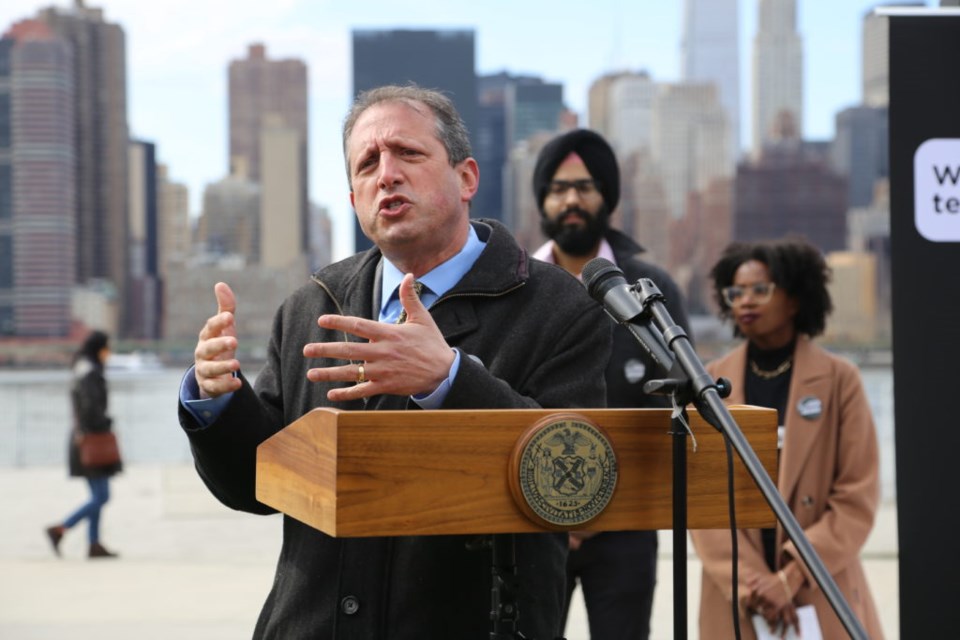Last week, Congress voted to block a Labor Department rule allowing retirement plan managers to include environmental, social and corporate governance considerations, or “ESG,” in their investment plans.
So, what exactly is ESG and why is it in the news right now? The Comptroller’s office explains it as such, ESG investing means looking at the environmental, social and governance risks facing companies and integrating risk mitigation into how we build our portfolio and engage with the companies we invest in – all in order to deliver stronger long-term, risk-adjusted returns for public sector workers.
In some ways, this is primarily about short-term versus long-term investing. For the firefighters, cops, and teachers in their 30s working today, we have to make sure their pension fund will be there 50 years from now to keep paying them pension checks. There is a responsibility to maximize stable risk-adjusted returns for the long-term.
Comptroller Brad Lander went on CNBC’s Squawk Box recently to talk about the backlash to ESG investing. As an institutional investor charged with securing returns for pensioners today and decades to come, the Comptroller's office keeps a close eye on risks facing companies and encourage them to address issues that could impact long-term value.
The New York City Retirement Systems brought shareholder resolutions at a couple of pharmaceutical companies last year because we didn't think they had strong enough rules against insider trading. You could call that the “G” in ESG investing: an investor concerned about a governance issue that poses risks for the company’s long-term value.
Take the “S” in ESG. It stands for “social.” This week Starbucks has been in the news for aggressive anti-union behavior, with a federal judge ordering the company to pay millions to workers for violating their labor rights. That’s a reputational – or a “social” – risk to the coffee chain’s brand, one that institutional investors should be concerned about. The Comptroller's office filed a shareholder resolution requesting that the company conduct a third-party workers rights assessment to address concerns they are violating not only the law but also their own policies when it comes to workers rights.
The fiduciary responsibility to the 750,000 public sector workers and retirees requires taking a broad look at the risks facing our investments, and working to address them. From governance issues like guard rails against insider trading, social issues like preserving a company’s reputation as a friendly employer, to environmental issues like addressing the growing threat of damage to essential infrastructure from climate change-intensified storms, investors can and should be concerned about risks facing the companies they invest in.




